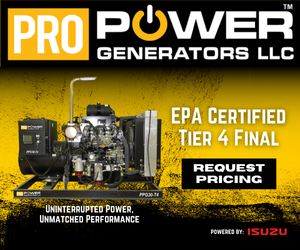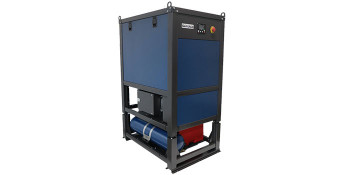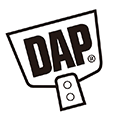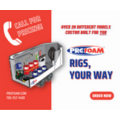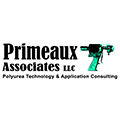Getting Started in the Spray Foam Business
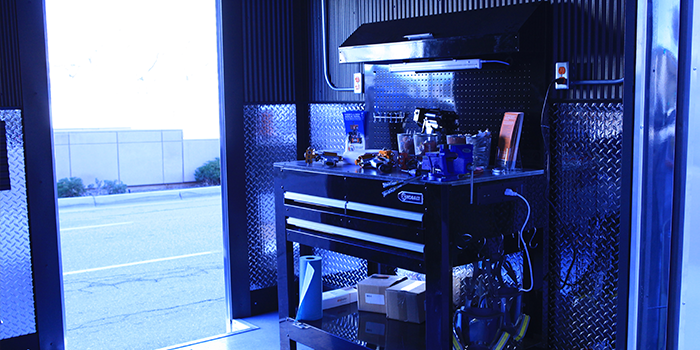
Spray polyurethane foam is an incredibly versatile product that fits into numerous markets, with one of the most popular being construction. Within construction, spray foam fills a number of application niches, from retrofit insulation to commercial air barriers for new construction. The spray foam industry is growing at a rapid pace as it gains wider adoption throughout the U.S. and across the globe, so it’s no wonder that countless contractors are looking to enter this opportunity-filled market. The following topics will give prospective contractors a better idea about what to expect when getting started in the spray foam business.
Forming a Plan
There are many other types of spray foam applications and specialties, so in the beginning, it can be beneficial to specialize in a specific market and application, such as commercial roofing or residential insulation. Contractors should consider not only the type of work they want to do, but also the type of work already being done in their area–that is, their competition. Even if specializing in crawl space and attic applications sounds appealing, it’s not going to be very profitable if several companies in a given area already offer such services. That being said, niche applications, like insulating farm buildings or storage tanks, can be quite profitable. It’s really about understanding the market needs of the service area a contractor might have in mind. In any case, establishing an application focus will also determine a lot of other aspects of the business, like the necessary equipment, the required training, and the types of materials needed.
Making the Investment
When becoming a spray foam contractor, the make-or-break consideration is the required investment in time, energy, and money that will be concentrated in several areas, including equipment, materials, training, and marketing. The majority of the monetary investment will be the spray application equipment, which can require an investment of roughly $20,000 at the low end to just over six figures. The investment will vary based on the types of applications a contractor intends to do, and whether they opt for standard or top-of-the-line equipment.
Choosing a Supplier
After the business planning and equipment budgeting process is complete, the next step is determining from where you'll get your materials. Most foam manufacturers and distributors also offer both equipment and support services. Choosing a company to be your primary supplier, and perhaps another as your secondary supplier, is extremely important, and there are many elements to take into consideration:
Do they have specific materials that are suited for your application with the necessary approvals?
Are they located near your service area to support your operation with materials, parts, and technical/customer service?
Do they have experience in the applications you want to pursue?
Are they a known brand, and are they listed in the industry’s major business directory?
Training
Thorough training and comprehensive understanding of SPF form perhaps the biggest asset for a new contractor, and perhaps the biggest key to success. Training must include the technical aspects of an SPF operation: foam processing, equipment operation, and maintenance/troubleshooting. Just as important, training must also include application knowledge about the installation of SPF roofing, SPF insulation, and/or spray-applied protective coatings.
Keep in mind that training often requires traveling to the suppliers’ facilities, although sometimes jobsite training is offered. Furthermore, contractors can maximize the value of training when all of the applicators and sales staff are included. The good news is that spray foam suppliers offer the most comprehensive training that allows new contractors to get up and running quickly. Also, most spray foam equipment distributors will provide training to new contractors buying their first spray rig. Furthermore, it’s a good idea to go through the training and safety programs that are recognized throughout the industry.
On a final note, it’s important to treat training and SPF knowledge as a continual effort, rather than a singular achievement, so keeping up with periodic training schools and courses should be an ongoing priority.
Marketing Your New SPF Business
One of the most important aspects in running a successful spray foam operation is often the most overlooked: marketing. It’s not uncommon to hear that a contractor spent upwards of six figures to get into business, only to complain that they have little or no work.
In today’s marketing environment, it’s all about online visibility. In other words, when people use Google, Yahoo, or Bing to search for products and services (e.g. “SPF insulation New York” or “spray foam contractor L.A.”), the businesses that show up at the top of the search results are most likely to be successful. The ones further down, which is to say the ones not on the first page, will have a tough time attracting prospects online, which is the number one way consumers search for products and services now.
With that in mind, it should go without saying that every SPF contractor should have a website. But websites can be costly, and contractors often think they have just one choice: do the work themselves to save money, or hire a professional. However, there is a third option–a kind of middle ground. Contractors can opt to lease a turnkey website that’s already filled with content and appears on the first page of search results. These websites are semi-custom, incorporating the lessee’s contact info and logo, and services like Spray Foam Local offer them at reasonable rates.
Additionally, maximizing online visibility wouldn’t be complete without considering SprayFoam.com’s Contractor Finder. It’s the largest, most power contractor directory in the spray foam industry, and a listing within it can function as a powerful “second online home” for a contractor’s business.
While the online marketing may be the biggest part of the marketing mix these days, there is still value in good old-fashioned networking. Contractors would be wise to develop some literature and hit the pavement talking to and educating local homeowners, facility owners, builders, and architects about the many advantages and energy-saving benefits of spray polyurethane foam.




